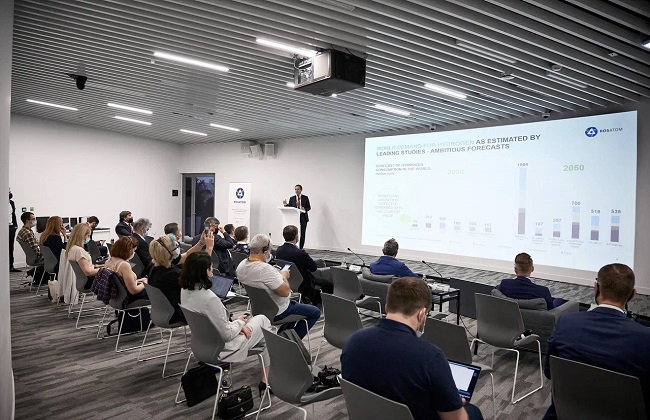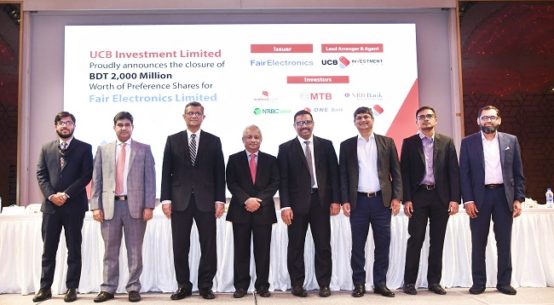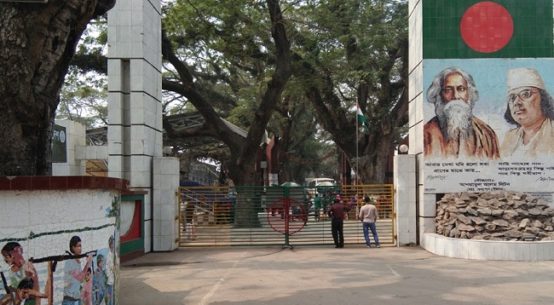
Rosatom’s thematic week titled “Breakthrough Technologies for a Sustainable Future” ended on Monday at the Russia’s Expo 2020 pavilion in Dubai.
A total of 18 sessions were dedicated to the role of advanced technologies in achieving a sustainable future and solving the most pressing challenges of our time.
In one of the sessions “Path to net-zero: challenges and practical steps,” dedicated to decarbonisation – an important aspect of sustainable development, Rosatom Director General Alexey Likhachev noted the importance of having nuclear energy classified as ‘green’: “We understand that despite all the benefits and opportunities provided by the ‘green’ agenda, this ‘green’ status must first be confirmed officially. Today ‘green’ regulation is only being developed in many countries and harmonising the requirements internationally and regionally is important. Nuclear energy has been classified as ‘green’ in Russia since last year.”
Rosatom’s Chief Sustainability Officer Polina Lion noted: “Today there is a consensus in the world that it is impossible to achieve global climate goals without nuclear energy. Just like renewable energy sources, nuclear energy has a zero-carbon footprint. As part of its efforts to fulfill its obligations to achieve carbon neutrality, Russia plans to increase the share of nuclear energy in its energy mix from 20 to 25% by 2050.”
Rosatom sessions were attended by representatives of more than 100 companies from across the world. Representatives from governments, regulators, non-government and expert organizations, academic and research institutions, and youth associations also took part in the sessions.
Participants of the sessions discussed important issues in the field of global sustainable development, including ways to achieve carbon neutrality and address climate challenges; the role of new nuclear technologies, including small modular reactors; eliminating ‘energy’ inequality and solving economic and social problems; the importance of composite materials for restructuring traditional industries and forming new industries; the training and education of personnel; the possibility of using nuclear technologies to improve the quality and duration of human life; challenges in IT sector development and the role of IT solutions in bolstering various sectors of the global economy; approaches to communications and PR in the nuclear industry and the industry’s role in implementing humanitarian projects.
The session dedicated to Rosatom’s projects in the Middle East and North Africa region generated high interest amongst attendees. Representatives from Rosatom and its partners in Egypt and Turkey provided an update on the latest milestones at the construction sites of the nuclear power plants being built in these two countries and spoke about other Rosatom-supported regional nuclear industry projects.
For those unable to attend in person, the week’s sessions were also accessible on social media with 17 online broadcasts on Facebook and Youtube and a live feed of memorable quotes on Twitter reaching a total audience of 600,000 people.


